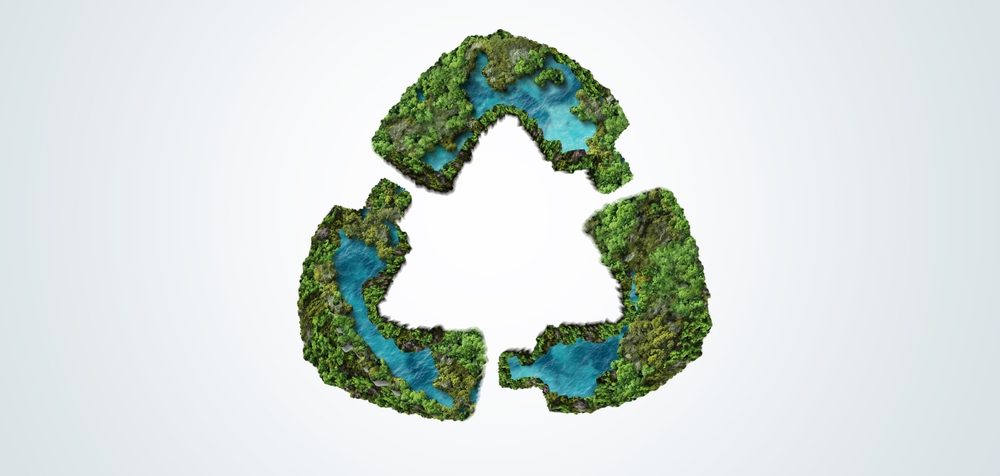
A team from Hokkaido University is using cellulose to make a new category of fully recyclable polymers, which could be used as an alternative to certain plastics.
Cellulose, which makes up the bulk of plant cell walls, can be easily obtained from plant wastes, thus not requiring the use of agricultural land for feedstock. Cellulose is a long-chain polysaccharide polymer, composed of multiple sugar groups linked together by chemical bonds. The team used two commercially available, cellulose-derived small molecules, levoglucosenone (LGO) and dihydrolevoglucosenone (Cyrene) and developed novel chemical processes to convert LGO and Cyrene into a variety of unnatural polysaccharide polymers.
“Our biggest challenges were controlling the polymerization reaction that links the smaller monomer molecules together, and obtaining polysaccharides materials that are sufficiently stable for common applications while still able to be broken up and recycled by specific chemical conditions,” says Assistant Professor Feng Li, a corresponding author.
The new polymer films they created demonstrate a high transparency, which could be an important factor for the kind of specialist applications for which these polymers could be used.
“As the materials are quite rigid it may be difficult to use them as flexible plastic materials, such as plastic bags, so I expect they will be more suited for high-performance materials for optical, electronic, and biomedical applications,” Professor Toshifumi Satoh, the other corresponding author, stated.
The team also found that varying the precise chemical structure of the polymers offers the ability to generate different materials for a range of possible applications. They have plans to explore further possibilities, but as the potential structural variations are so numerous that they would like to collaborate with specialists in computational chemistry, artificial intelligence, and automated synthesis to explore the options.
“We hope this work will develop a wide variety of useful unnatural polysaccharide polymers to become part of a sustainable closed loop of synthesis from biomass with efficient recycling,” Li said.
